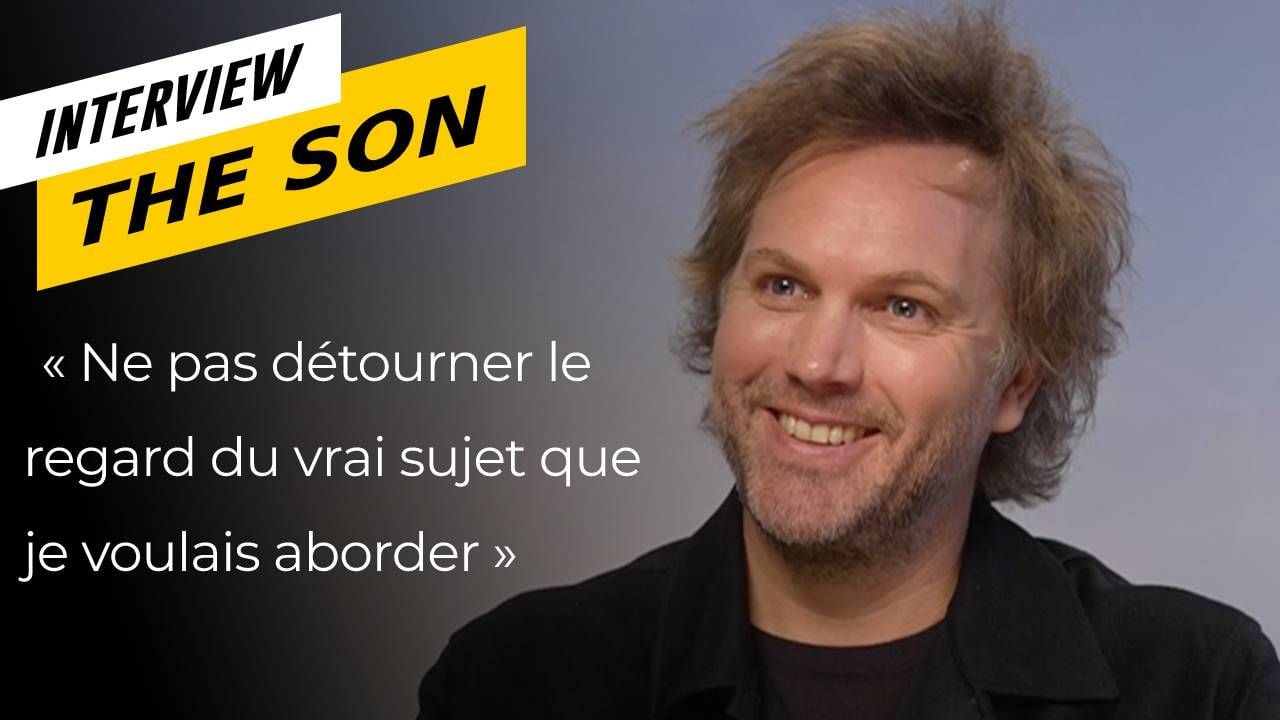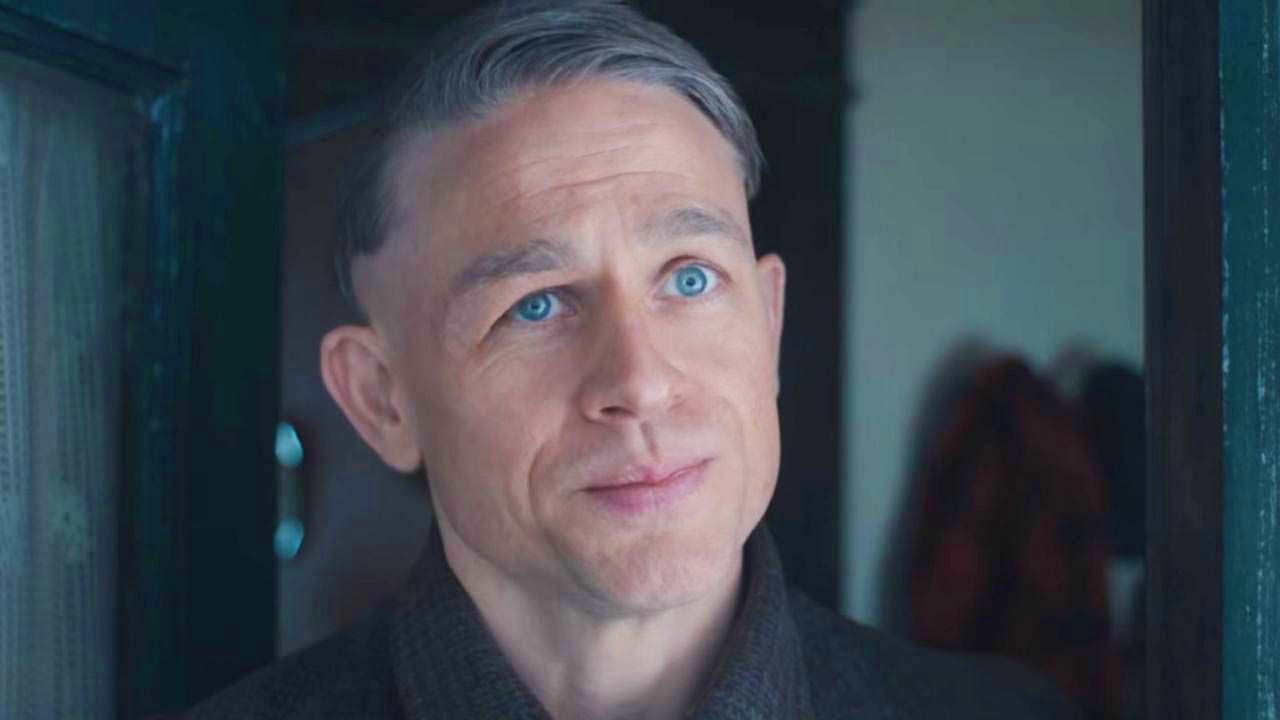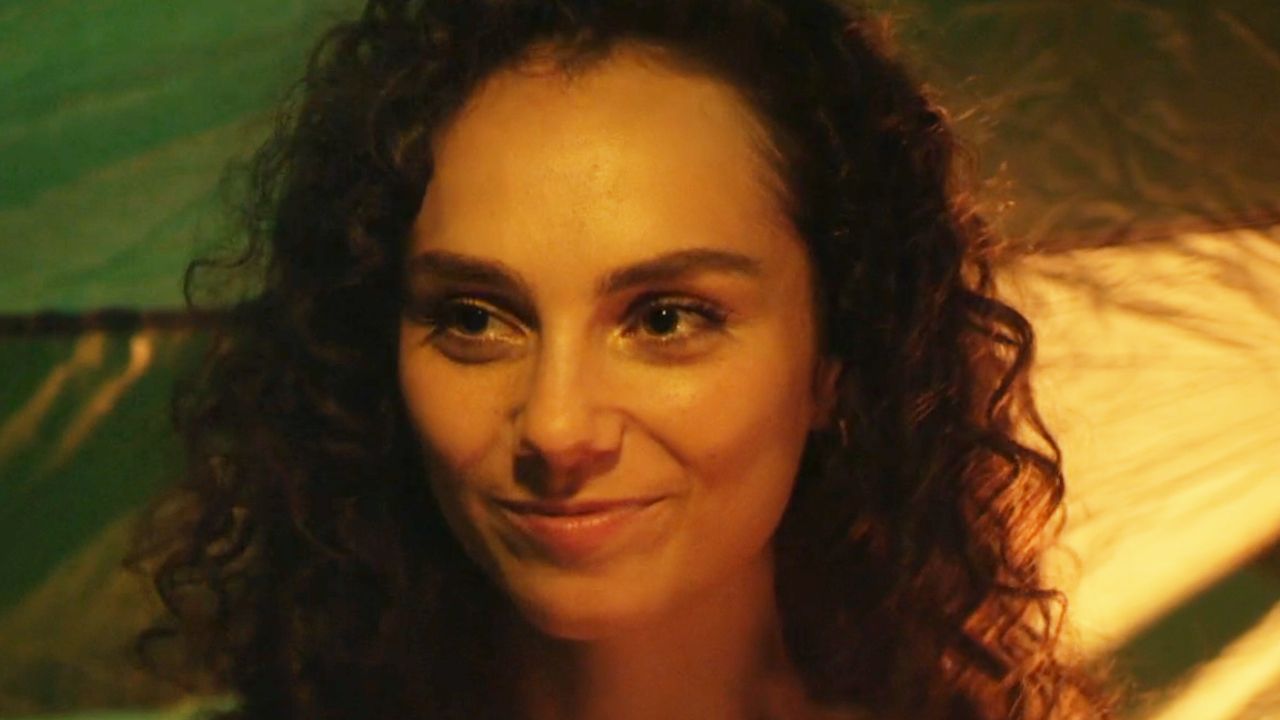A first attempt that looks like a masterstroke. For his first play, Florian Zeller brilliantly adapted his own play, The Father, and won the Oscar for Best Adapted Screenplay, while Anthony Hopkins was offered the second Golden Statue of his career.
Two years later, he spent another with The Son. Another of his plays, also centered on the story of family and illness, the title of which echoes his father. Did Florian Zeller want to play the change card in this drama, in which the characters played by Hugh Jackman and Laura Dern have to deal with their son’s (Zane McGrath) depression? Interesting responses with key stakeholders.
AlloCiné: What made this play your second film?
Florian Zeller : Even before I made The Father, I already knew that if I had the opportunity to make another film – which is never guaranteed – it would be The Son. I carried it with a very deep desire, because it is a story that was close to my heart, and still is close to my heart, and perhaps I needed to tell it. But also because I felt it needed to be said. It had to be, because that’s the story we’re not talking about.
This is a father who tries to accompany, help and even save his depressed 17-year-old son. It seems to me that this is a topic that we try not to look in the eye. And that’s why I really wanted to make this film. It was a play first, and when it was played in Paris with Ivan Attal and Rod Parado, I was amazed at what happened: when it ended, something else started, in the order of the conversation.
Many would come to see me and tell me they knew what I was talking about because they had a brother, son or aunt in the same situation. I could almost physically feel how many people are going through these situations. No one regrets the fact that we have a loved one around us who is in a crisis of mental weakness. I also felt how much shame, guilt, and sometimes, a lot of ignorance surrounds these things. And it was for all these reasons that I wanted to do The Son.
The peculiarity of illness or mental weakness is that there is always no explanation
The fact that so little is said about it, as you say, fits well with one of the most interesting aspects of the film: these scenes that emphasize the inexplicable side of evil that eats the child. It’s hard to do in cinema where the public wants an explanation, but that may be one of the reasons why the subject is so taboo.
I think it’s a taboo subject because it takes us back to the dizzying mystery. Mental illness is almost a black hole. and even these words “mental illness”, it’s an expression of feeling problematic or stigmatized in French when there’s no judgment involved. Because we always want there to be a reason – trauma or psychological reason – that justifies the fact of pain. Otherwise, it is very unfair.
And yet, we all know people who, on paper, have everything for happiness and who, however, struggle. The peculiarity of illness or mental weakness is that there is always no explanation. Or there are multiple explanations. Sometimes it’s biochemical, sometimes it’s purely chemical, transgenerational… There are so many frames that add up that you can’t look at it with a simple explanation.
Hugh Jackman and Zane McGrath
This is the reason I tried not to explain in this film. Even if it means creating frustration among the characters and also among the audience because I wanted them to be in that position. to never solve. In cinema, we have to solve everything in the script. But there’s something purposely unresolved here that we can’t define, because that seems to me to be the most honest way to look at it. Because that’s how it comes to us in life. Like a secret that can engulf or damage a family.
This is a story I wanted to tell from a parent’s perspective. From those who want help, who are loving and caring parents, but who don’t have the keys to open the right doors. And I don’t know how to help this child in need.
Is this also the reason you made Father to Son: continue to explore topics like family or illness by broadening the frame and changing your perspective, rather than doing something diametrically opposed?
There is familiar territory between the son and the father. However, I approached this one quite differently. Each story requires a different trajectory: In The Father, the main character was about being in the brain, and I hoped to put the audience in a unique position where you could feel what it might mean to lose all of his support. As if it were a subjective and immersive experience. It was as if we had experienced senile dementia ourselves.
On the contrary, in the son – and even if this is the title of the film – it was not an attempt to penetrate this tormented brain. But, on the contrary, standing outside, on the threshold. and could not penetrate into this soul. he will not understand. Being in the position of the parents, which affects the form of the film, which is very linear, very direct.
Most of the things I write are structured like mazes, and I think that’s how I think. I tried to be as linear as possible here. as simple as possible. And also, in terms of staging, as sober as possible. Because it seemed to me to be the most honest way to look at the matter, not to make any aesthetics out of it, not to the real thing I wanted to address: this black hole that doesn’t give answers. Not only to say that there is no answer, but to emphasize the feeling of this tragedy.
Most of the things I write are structured like mazes, and I think that’s how I think
Tragedy is something that has a linear form: it moves from one point to another in a direct way. We feel where it is going and there is nothing we can do to stop it. This is how all tragedies, even the oldest ones, are built: the heroes are informed of their fate from the very beginning. And no matter how hard they struggle to change it, they are more likely to actually achieve it.
I wanted to create that feeling, including in the audience. From the very beginning, something informs us of the place we are heading towards. But despite the efforts of us and the heroes, nothing prevents this performance. And the reason I chose this form is because I think tragedy can be avoided, and that’s the whole point of this movie for me.
Spoiler:
It could have ended differently if the right words had been used, the right conversations had been had, and the right help had been found at the right time.
It is very difficult for parents to admit that they are not equipped to deal with a crisis of suffering, especially when it comes to their own children. It is very difficult to admit that you are not the person who can help, or to understand that sometimes love is not enough. It takes time, but sometimes we don’t have that time, and that’s when tragedy can happen.
Interview by Maximilien Pierret in Paris, February 21, 2023
Source: Allocine
Rose James is a Gossipify movie and series reviewer known for her in-depth analysis and unique perspective on the latest releases. With a background in film studies, she provides engaging and informative reviews, and keeps readers up to date with industry trends and emerging talents.






